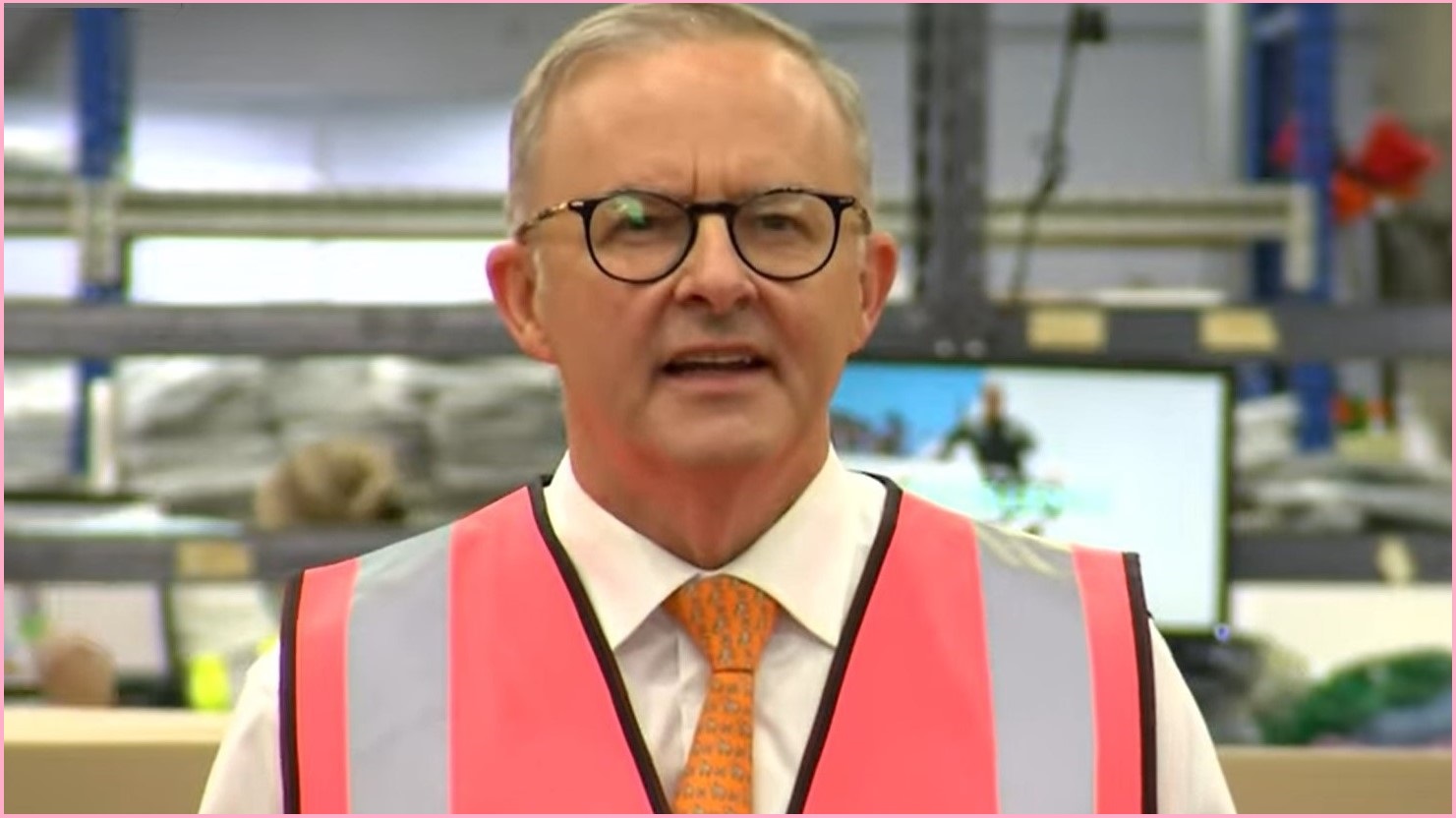Opposition Leader Anthony Albanese has said his government will lead Australia to a target of 1.2 million technology-related jobs by 2030, a target ACS says is far too low to be meaningful.
Albanese donned a high-vis vest for his press conference at a warehouse in Sydney on Thursday where he announced the Opposition’s plan to improve tech skills in Australia, should it form government at the next election.
“All of these policies go together to add up to a future made in Australia, and a better future here,” Albanese told journalists.
“We have an opportunity to learn from the pandemic and to build back stronger, to build a stronger economy – one that works for people, not people just working for an economy.”
Labor’s five-point plan involves offering government support for 450,000 fee-free TAFE places and 20,000 university places focusing on the skills shortage alongside the establishment of a National Reconstruction Fund and an agency called Jobs and Skills Australia.
The plan also includes 2,000 places at accredited startup accelerators to help entrepreneurs grow their business, alongside financial support as part of the Oppositions’ Buy Australian Plan which seeks to change government procurement rules to favour Australian firms.
Labor opted to adopt the 1.2 million tech jobs by 2030 target from the Tech Council of Australia – a lobby group for Australian tech companies and the local arms of international giants like Microsoft and Google.
But according to the ACS Digital Pulse 2021 report, the annual growth rate of Australia’s technology workforce is 5.4 per cent and is forecast to hit the 1.2 million mark by around 2027 anyway, three years ahead of the Opposition’s target.
ACS President Dr Nick Tate said as pleased as he was to see Albanese commit to a stronger technology workforce, he wants to see politicians reach even higher.
“Given the technology sector is key to Australia’s continued prosperity, future living standards and competitiveness – and industry is needing skills in areas such as artificial intelligence, quantum computing and data analytics – ACS believes we should be more ambitious in our targets,” Dr Tate said.
“We would like all of our political leaders to consider how critical a digitally-skilled workforce will be to Australia over coming decades and look to the longer term and bigger picture issues facing our 21st century economy.”
ACS has outlined its own set of priorities for how the next government can improve the digital economy which includes a focus on diversity and inclusion, more funding for digital technologies education in schools, employer tax credits, and a large pool of money looking at the digital economy in regional Australia.










